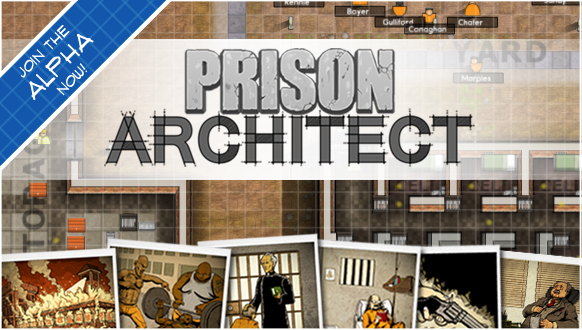Trending
Opinion: How will Project 2025 impact game developers?
The Heritage Foundation's manifesto for the possible next administration could do great harm to many, including large portions of the game development community.

Featured Blog | This community-written post highlights the best of what the game industry has to offer. Read more like it on the Game Developer Blogs or learn how to Submit Your Own Blog Post
A call for the adoption of continuous developer support instead of collecting a lump sum up front.

Reading Mike Rose's fantastic piece about why he won't be Kickstarting anymore I realised that I had sent a proposal for a rant about Kickstarter for the IGF. I had never fleshed it out. Now I feel the urge to.
The Problem with Kickstarter
It's actually pretty simple. You fund a game and it never materialises. That's the core problem most people have with Kickstarter*. At the root of it there's a quite simple mistake in how Kickstarter works: Upfront money and media hype is not compatible with interative development. Most Kickstarter projects are by small teams. A lot of them are quite experienced. Yet it is in the nature of Kickstarter that a project proposal is not fully developed when the campaign commences – not even when it concludes. Kickstarter serves many purposes, not the least of which is that it measures if there's a market for a game. The dynamics that builds up when a Kickstarter is unexpectedly successful is that features are added that prolongue the development of the game in question. A $700k project simply takes longer than a $100k project, even if your studio grows. Buyers also expect a grander game. There are exceptions to this rule, of course. But FTL simply would not have turned out well for $10k.
A Proposed Solution
Business sense tells me that building and nourishing a long-term relationship with your audience is wiser than betting on Kickstarter's quick fix. Introversion recently demonstrated that you can have the success of a Kickstarter without using the actual platform. How could Kickstarter adopt the cornerstones of that campaign? By opening a venue for contiuous financial support instead of a lump of money upfront. It would not be about kick-starting a product anymore but about building a relationship.
What changes would be necessary?
Projects need to be in playable form from day one.
New tiers need to be added on the fly.
It's most likely a huge change for the studio culture.
No funding targets anymore.
Updates to your campaign are updates to your game.

Prison Architect

Kickstarter Staff Picks
Read more about:
Featured BlogsYou May Also Like